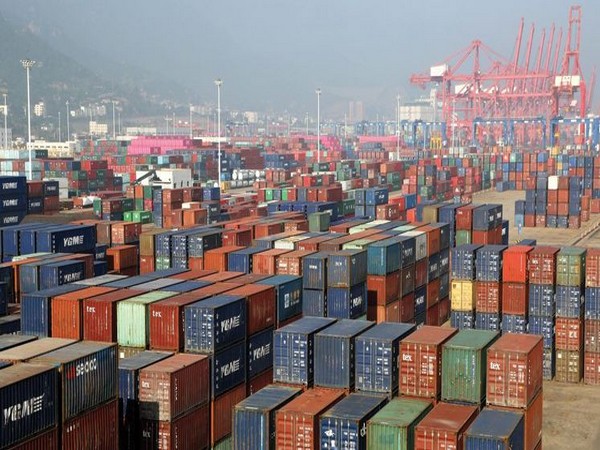
Kabul: Pakistan's economic collapse has impacted the trade between Kabul and Islamabad, the Afghanistan Chamber of Commerce and Investment (ACCI) said, Afghanistan-based TOLO News reported.
As per ACCI, the trade between Afghanistan and Pakistan reached close to USD 3 billion but has recently dropped. A member of the ACCI, Khanjan Alokozai, as quoted by TOLO News, said: "Our trade has been becoming worse day by day. In addition to the impact of the Pakistan economy, the reduction in the value of Pakistani rupees has been affecting imports as well."
According to economists, the economic crisis in Pakistan is not only affecting the life of Afghan refugees in Pakistan but will also have a negative impact on the economic conditions of the people inside Afghanistan.
A member of the Chamber of Commerce and Investment of Nangarhar, Zalmay Azimi, said: "The export of Pakistan to Afghanistan has dropped. The reason is that Pakistan is in an economic crisis, and the prices of gas and oil have tripled. The truth is that Afghanistan also faces problems due to the economic crisis in Pakistan."
An economist, Abdul Naseer Rishtia, as quoted by TOLO News, said: "Pakistan is one of the trade partners of Afghanistan... Whenever there is an economic crisis in Pakistan and the people lose the capacity to afford things, we cannot have exports to that country."
Pakistan's economic crisis has affected the value of Pakistani rupees, according to the Pakistani media.
The prices have also increased in Pakistan.
The Pakistan Bureau of Statistics said on Wednesday said that, monthly inflation, measured by a basket of products called the Consumer Price Index (CPI), jumped to 31.6 per cent in February year-on-year.
Last month, prices rose at the fastest pace ever in the country's history, according to available data, with food, beverage and transport costs driving inflation to a point where analysts fear "families will have to make choices and sacrifices," reported the Dawn.
This was the highest annual rate since available data, i.e. July 1965, according to the research firm Arif Habib Ltd, and is also expected to rise even further in the coming months.
Inflation surpassed 30 pc last month after having stayed above 20 pc for eight months from June to January. Inflation was 12.2 pc in February last year, reported Dawn.
Costs in four categories, transport, food and non-alcoholic beverages, alcoholic beverages and tobacco, and recreation and culture, jumped by around half.
Prices in February rose 4.3 per cent compared to January, the highest rate since October's 4.7 per cent.
Moreover, Pak Government is undertaking belt-tightening, aims to increase revenues through taxes, and has allowed the rupee to depreciate as it thrashes out a deal with the International Monetary Fund (IMF) to secure more than USD 1 billion in funding, reported Dawn. (ANI)
ACTIONS